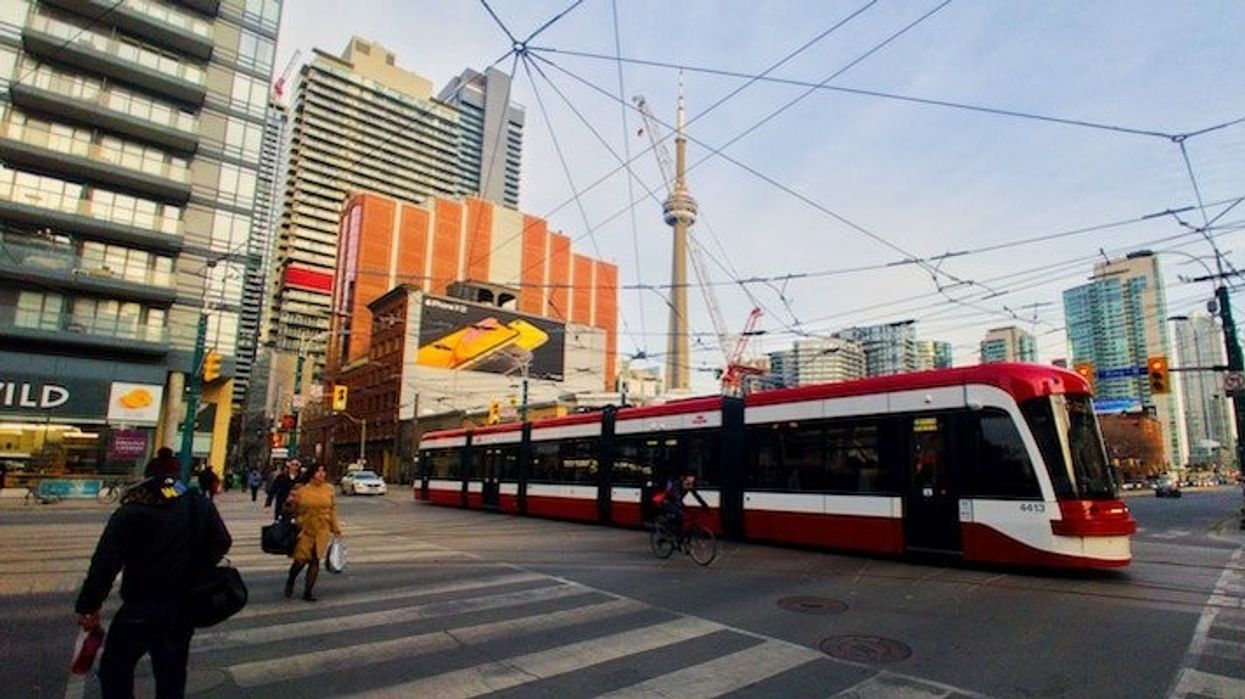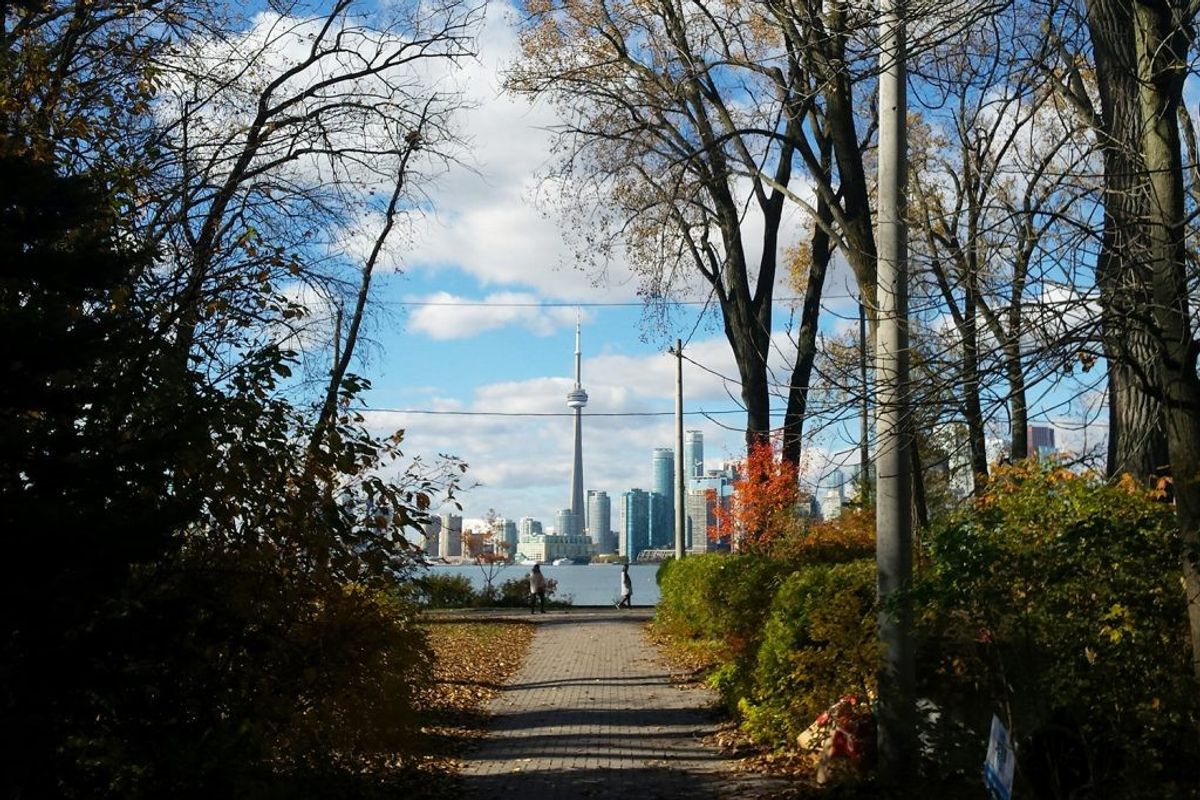As local businesses start to reopen and more residents start to use public transit to get to work, the TTC says it's "strongly" recommending all riders should wear non-medical face masks while onboard.
This news comes as Premier Doug Ford announced the first phase of reopening the province's economy would begin this week, which granted more retail stores and businesses permission to reopen. In turn, the TTC says more residents will be relying on public transit to get to and from work and moving forward, riders should wear a face mask to help stop the spread of the contagious novel coronavirus.
READ: How to Make Your Own Non-Medical Face Mask at Home
Earlier this week, Canada's public health experts announced they are now fully recommending that Canadians wear non-medical face masks in public when they aren't sure they will be able to keep their distance from others.
Dr. Theresa Tam, the chief public health officer for Canada, said Wednesday the recommendation comes as stay-at-home orders begin to lift in different provinces and more people are going outside, taking public transit, or visiting stores and local businesses.
“This will help us reopen and add another layer to how you go out safely,” Tam said Wednesday in her daily COVID briefing.
Tam says that face coverings should fit well and be worn safely and added that non-medical masks or cloth face coverings are not appropriate for everyone, such as young children under the age of two or anyone who has trouble breathing, is unconscious, incapacitated, or otherwise unable to remove the mask on their own.
The City of Toronto says a good cloth mask or face covering should:
However, public health experts say that wearing a face mask does not replace other safety measures like staying home and away from others if you are ill; washing your hands frequently; covering your cough with tissues or your sleeve; practising physical distancing; cleaning and disinfecting your surfaces and objects, and protecting those most at risk from the virus.
Just keep in mind, face coverings are not mandatory at this time but they are now being strongly recommended.





















